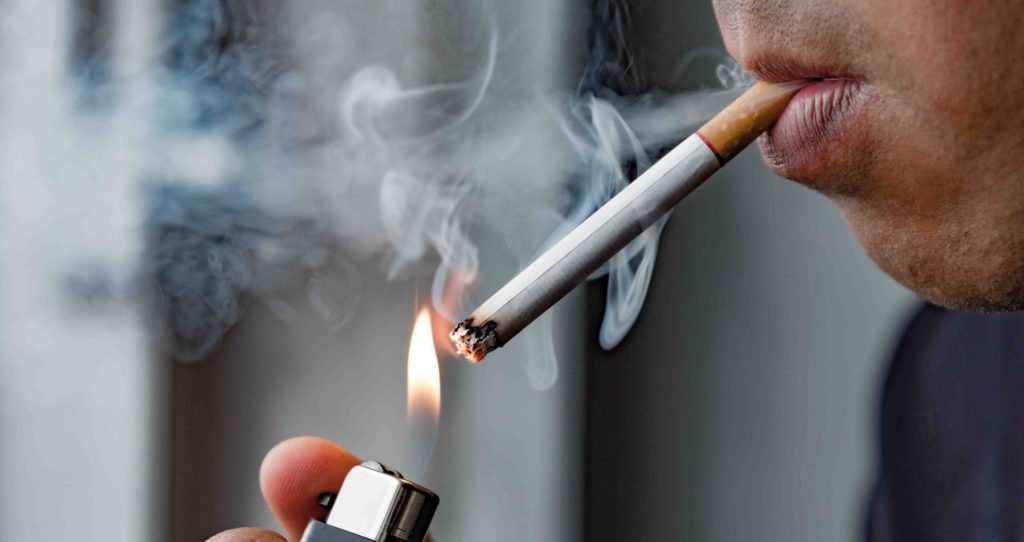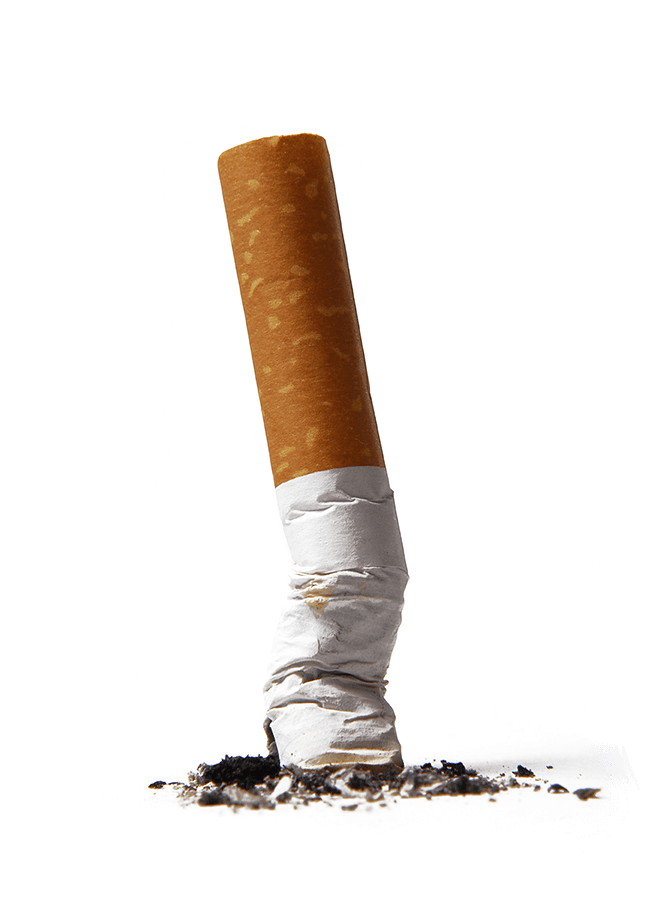

New York State Smokers’ Quitline
*Staffed by Quit Counselors located at Roswell Park who can tailor a quit plan to suit your lifestyle.
* Free and confidential
*You may also qualify for free nicotine replacement (NRT) products to get you started
1-866-NY-QUITS 1-866-697-8487
www.nysmokefree.com
Smokefree
1-800-784-8669
www.smokefree.gov
Request your consultation today.
I understand the information disclosed in this form may be subject to re-disclosure and may no longer be protected by HIPAA privacy regulations and the HITECH Act.
Schedule your consultation and experience it for yourself.
I understand the information disclosed in this form may be subject to re-disclosure and may no longer be protected by HIPAA privacy regulations and the HITECH Act.
Williamsville, NY
New Patients: 716-740-3025
Current Patients: 716-276-3553
Email: info@niagaraoms.com
Fax: 716-276-3552
Dental Marketing & Website by Progressive Dental
